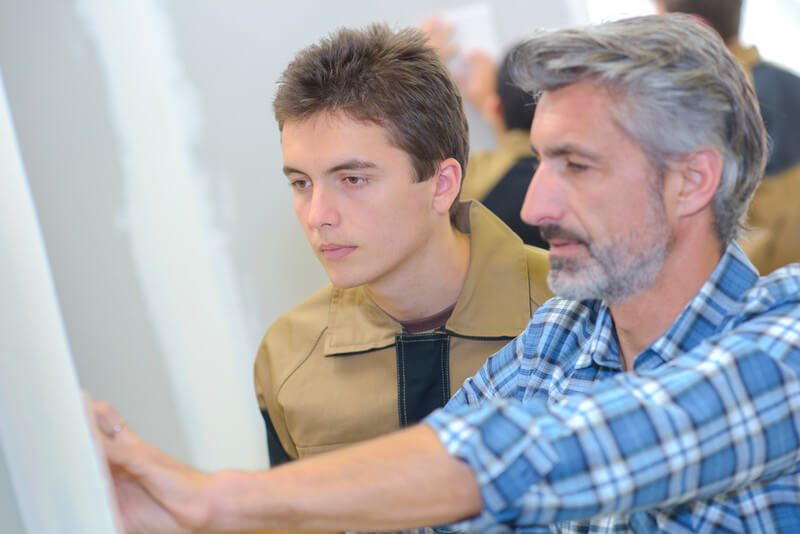ADULTING: “The practice of behaving in a way characteristic of a responsible adult, especially the accomplishment of mundane but necessary tasks.”
I borrowed this excellent definition from an online search; the term is too new to be included in the Merriam-Webster dictionary, even though in the past few years hundreds of adulting courses have appeared in our culture. I trust these courses are helping the many young adults who need them.
The bottom-line purpose of “raising kids,” or “parenting” as we now call it, is to prepare children to be adults capable of creating happy, successful lives for themselves. If some of these kids are entering adulthood without the necessary skills, then these courses can be a wonderful resource.
My bias is that the kids should learn these skills while growing up. Oddly, parents often fail to pass on their life skills. I’m a close friend to a man whose practical life skills are astounding. He can repair literally anything – from a Lazy-boy recliner to a swimming pool pump to a bulldozer – and even build a house all by himself. But oddly, he didn’t teach his three sons any of this know-how. And I once knew a woman whose mother was a gourmet cook. Her daughter’s introduction to cooking happened one morning when her new husband showed her how to fry an egg. True story.
Because these skills are life-empowering, we call them “life skills.” Here’s a partial list: etiquette, grooming, health/hygiene, nutrition, meal planning, food preparation, fitness, safety, sexual health, device maintenance, DIY home repair, vehicle operation, tool-use, interpersonal communication, relationship-building, critical thinking, creativity, self-regulation, time management, money management, problem-solving, decision-making, planning, organization, writing, and others (social media and gaming aren’t included in my list). It’s not only a long list, but there a quite a few “subskills” for each of these skills. However, if parents begin involving their kids in the practical responsibilities of life at a young age, it’s doable.
I grew up learning almost none of these skills. My dad wasn’t a fix-it kind of guy, so it just didn’t happen. So when I began my adult life I had a lot of catching up to do. I was 35 years old before I learned basic vehicle maintenance. If you didn’t have parents who involved you in a myriad of chores and coached you how to take care of yourself and relate to others, maybe you had to play catch-up, too. All those embarrassing moments as a young adult, all those feelings of inadequacy.
It’s a shame, because the process of passing on essential skills can be a parent-child bonding experience, as well as opportunities for some of the dozens of “talks” about life kids need while growing up. And the gains in self-confidence and self-esteem! I’m wondering: what if we called them “adult skills”? Would kids be more interested in learning them? And maybe parents more motivated to teach them to their kids?
It’s worth a try. Dealing with life’s adversities is hard enough. It seems unfair or unreasonable that a young adult should have to scramble to learn what to do while life is challenging them.

